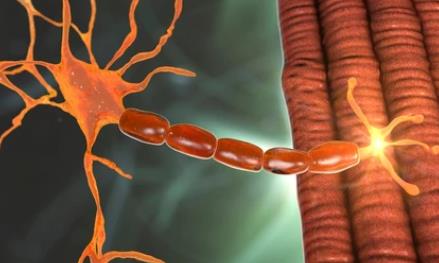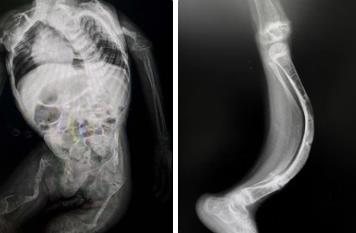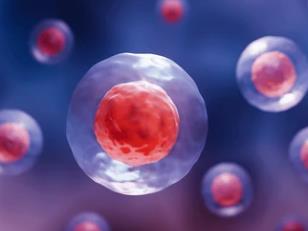
Fri, 2024/07/19
The Dual Role of IRF1 in Cancer Therapy

Fri, 2024/07/19
A Novel Gene Therapy Is Expected To Treat Duchenne Muscular Dystrophy

Fri, 2024/07/19
Not Everyone Is Suitable For Vegetarianism! Genetic Factors Play an Important Role in It

Fri, 2024/07/19
ZAK Kinase Activates UV Mediated Programmed Cell Death

Mon, 2024/07/01

Mon, 2024/07/01
MYCT1 Plays a Crucial Role in Self-Renewal of Human Hematopoietic Stem Cells

Mon, 2024/07/01

Mon, 2024/07/01
MSD PD-1 Inhibitor Approved By FDA for First-Line Treatment of Advanced Cancer
